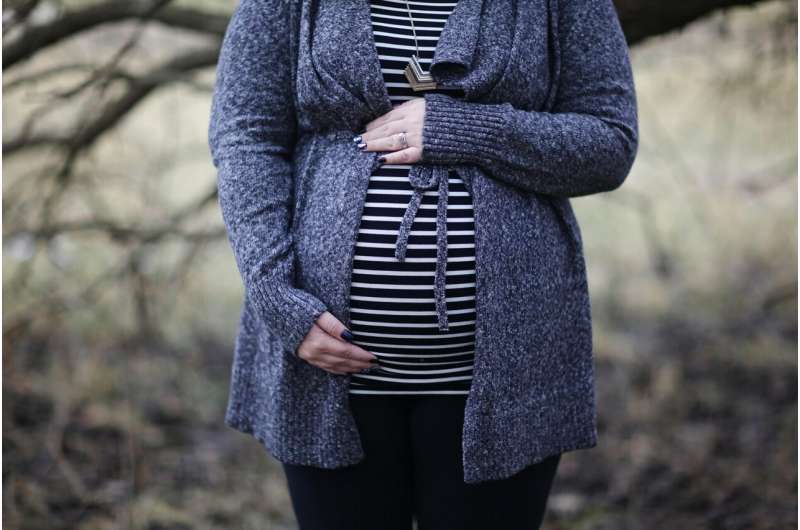Promising Results: A Cancer Vaccine Triggers Strong Immune Responses in Pancreatic and Colorectal Cancer Patients

A new off-the-shelf cancer vaccine shows promising results by eliciting strong immune responses in patients with pancreatic and colorectal cancers, potentially reducing recurrence and improving survival rates.
Recent advances in cancer immunotherapy have led to the development of a novel vaccine demonstrating powerful immune activation in patients with pancreatic and colorectal cancers—two of the most challenging malignancies to treat. Led by researchers at UCLA Health's Jonsson Comprehensive Cancer Center, a study published in Nature Medicine reports that the off-the-shelf vaccine, ELI-002 2P, elicits durable, KRAS-specific immune responses that may help in preventing or delaying cancer recurrence.
The study involved 25 patients who had undergone surgery for pancreatic ductal adenocarcinoma or colorectal cancer and displayed minimal residual disease—traces of cancer DNA indicating potential relapse. These patients received multiple injections of ELI-002 2P, a vaccine utilizing amphiphile technology to direct antigens straight to lymph nodes, where immune responses are activated.
Key findings include that 84% of participants generated specific T cells targeting KRAS mutations, with many maintaining these responses over time. Remarkably, in 24% of cases, tumor biomarkers were entirely cleared. Patients with stronger T-cell responses experienced significantly longer relapse-free and overall survival, with some remaining disease-free for extended periods.
KRAS mutations are notoriously difficult to target but are present in approximately 25% of solid tumors, driving 90% of pancreatic cancers and half of colorectal cancers. The vaccine’s broad, standardized design offers a significant advantage over personalized therapies, simplifying the treatment process.
The study also revealed that many patients developed immune responses to other tumor-associated mutations, hinting at potential for wider anti-tumor effects. Dr. Zev Wainberg, the study’s lead author, highlighted the vaccine's ability to train the immune system safely and effectively against these mutations, presenting a promising approach for high-risk patients.
Following this promising phase I trial, the research team is advancing to larger Phase II trials with a next-generation version of the vaccine, ELI-002 7P, designed to target a broader spectrum of KRAS mutations.
These findings showcase a significant breakthrough in cancer vaccine development, emphasizing the potential for off-the-shelf immunotherapies to provide durable, targeted, and accessible treatment options for difficult-to-treat cancers.
Source: Medical Xpress
Stay Updated with Mia's Feed
Get the latest health & wellness insights delivered straight to your inbox.
Related Articles
Stress Reduction in Female Patients Can Lower Post-Surgical Pain by Targeting Prolactin Levels
Targeting prolactin levels influenced by stress may significantly reduce post-surgical pain in women, offering new avenues for pain management and opioid reduction.
Innovative AI Model Promises Reliable and Transparent Autism Diagnosis Support
A new AI-based model analyzes brain imaging data to support accurate and explainable autism diagnosis, promising faster assessments and improved outcomes.
President Trump Claims Research Links Tylenol to Autism; Scientists Say Misinterpretation of Findings
Recent discussions suggest a possible link between Tylenol use during pregnancy and autism, but experts clarify that evidence remains inconclusive. Consult your healthcare provider for guidance.



